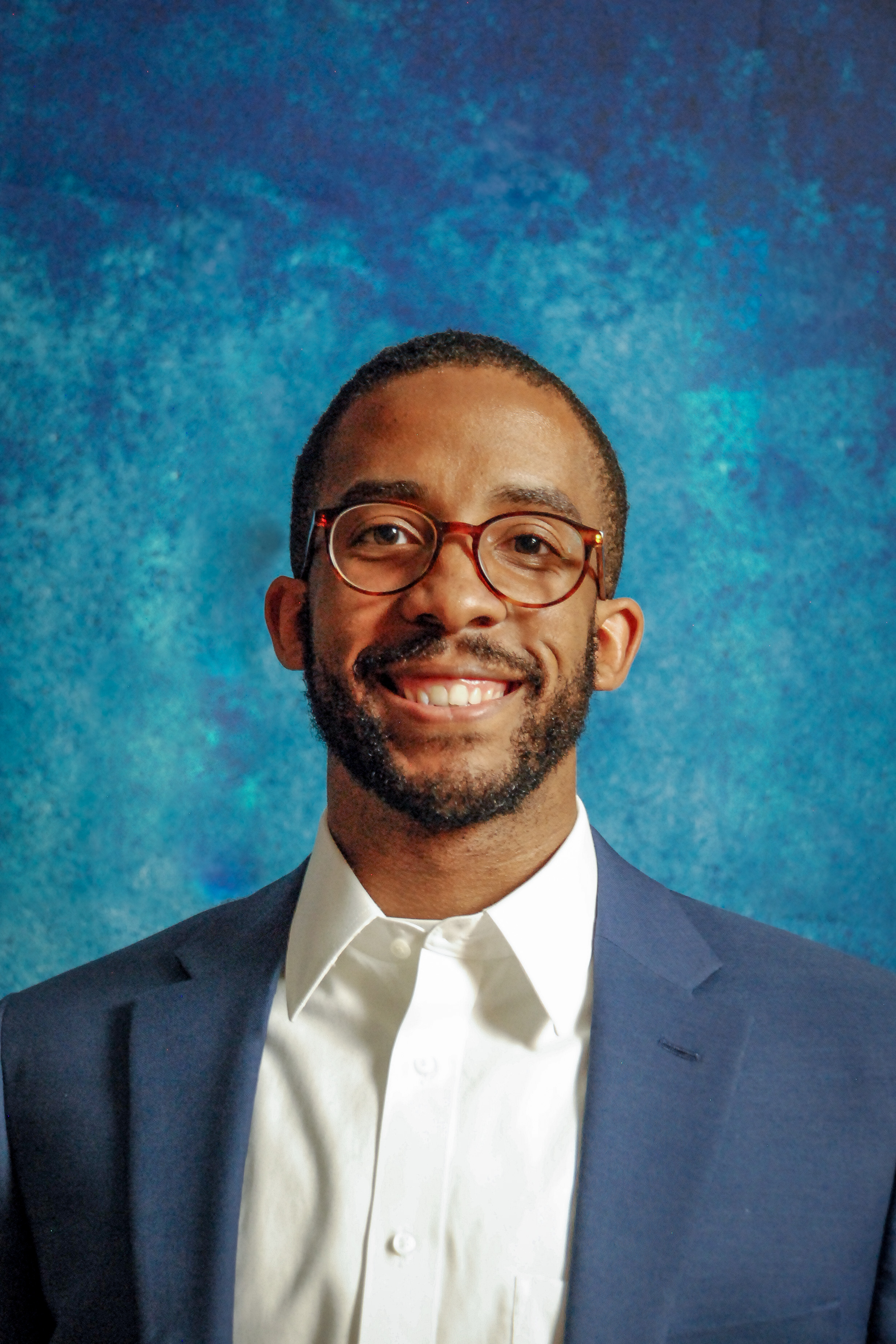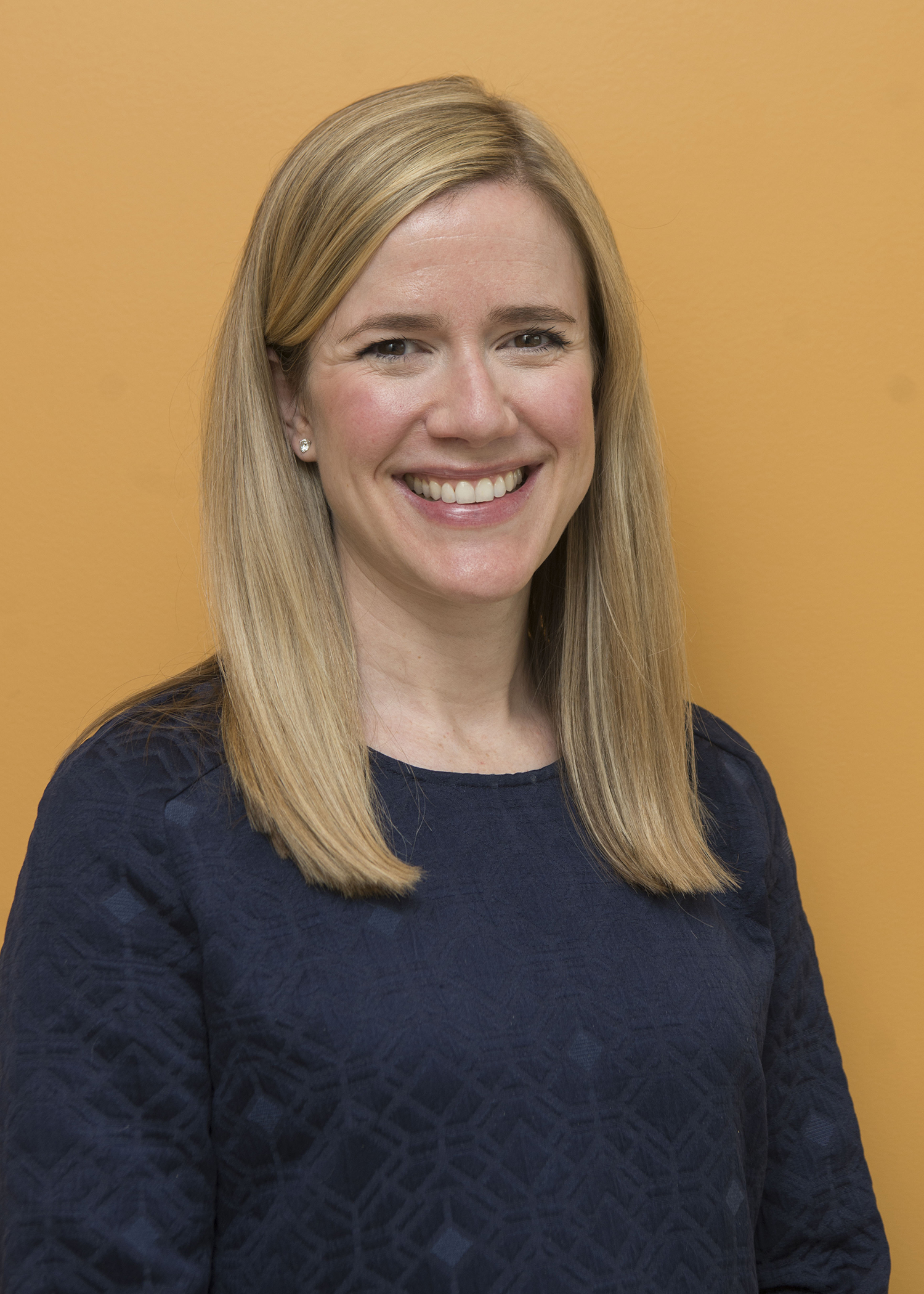Transdiagnostic
(PS11-86) Novel Emotion Management Skills Intervention for College Students: Engagement and Acceptability by Race and Ethnicity
- FH
Felipe Herrmann, B.S.
Research Coordinator 1
Massachusetts General Hospital
Boston, Massachusetts, United States 
Roscoe C. Garner, B.S.
PhD Student
Rutgers University
Highland Park, New Jersey, United States- EK
Evan Kleiman, Ph.D.
Associate Professor
Rutgers
Piscataway, New Jersey, United States 
Kate H. Bentley, Ph.D. (she/her/hers)
Assistant Professor
Massachusetts General Hospital/Harvard Medical School
Boston, Massachusetts, United States
Author(s)
Co-Author(s)
Traditional university counseling services (UCS) often struggle to engage students of color. Cultural stigmas surrounding mental health, historical mistrust of institutions, and the lack of culturally relevant treatment contributes to racial and ethnic disparities in the utilization of UCS (Hunt et al., 2015; Misra et al., 2021). One way to address these needs is by leveraging alternative intervention modalities that bypass barriers associated with traditional UCS. Our team has developed one such novel alternative intervention that consists of two components: a single-session skills workshop held outside of UCS, and a daily smartphone-based Ecological Momentary Intervention (EMI) that provides real-time guided skills practice for 8 weeks after the workshop. The present study aims to explore potential differences in engagement and acceptability, as a function of the racial/ethnic identity of students, in this novel intervention. Due to sample size constraints, we grouped participants into three racial/ethnic categories. A total of 265 students completed the initial screening questionnaire and were given the opportunity to attend a future workshop: 82 (30.9%) identified as White, 110 (41.5%) as Asian, and 73 (27.5%) as other racial/ethnic backgrounds. To assess engagement, we (a) descriptively examined the number of students who completed the screener but did not go on to attend the workshop and (b) compared the total number of EMI exercises completed after the workshop across racial/ethnic categories. Out of the initial students screened, 12 (14.6%) White students, 41 (37.3%) Asian students, and 17 students from other backgrounds (23.2%) did not attend the workshop. White students had the highest average number of EMI exercises completed 67. 6 (SD = 52.6), compared to 57.9 (SD = 54.5) completed by Asian students, and 51.7 (SD = 50.6) completed by students from other backgrounds; differences were not statistically significant F(2, 145) = 1.15, p = 0.32. Additionally, there were no significant differences in the acceptability of the workshop, measured on a 10-point rating scale, between the racial/ethnic groups: F(2, 124) = 1.1, p = 0.36. This study represents an important first step toward adapting this intervention package to optimally serve minority students. The non-significant differences in the acceptability of the workshop and the engagement with EMI suggest that if students of color attend the intervention, it may be an acceptable form of treatment. We have been concurrently working toward adapting this intervention to meet the needs students of color for several reasons. First, interventions delivered in the form of workshops (vs. treatment) may have less cultural stigma for students of color, as they don't necessarily imply mental health struggles. Second, administering a workshop and phone-based EMI outside of traditional UCS may circumvent the mistrust of institutions often experienced by minority students. Third, a single diverse counselor may be able to provide culturally specific care to multiple students with similar backgrounds. Future research is needed to investigate the potential of tailoring this intervention to best engage and treat students of color.

.png)
